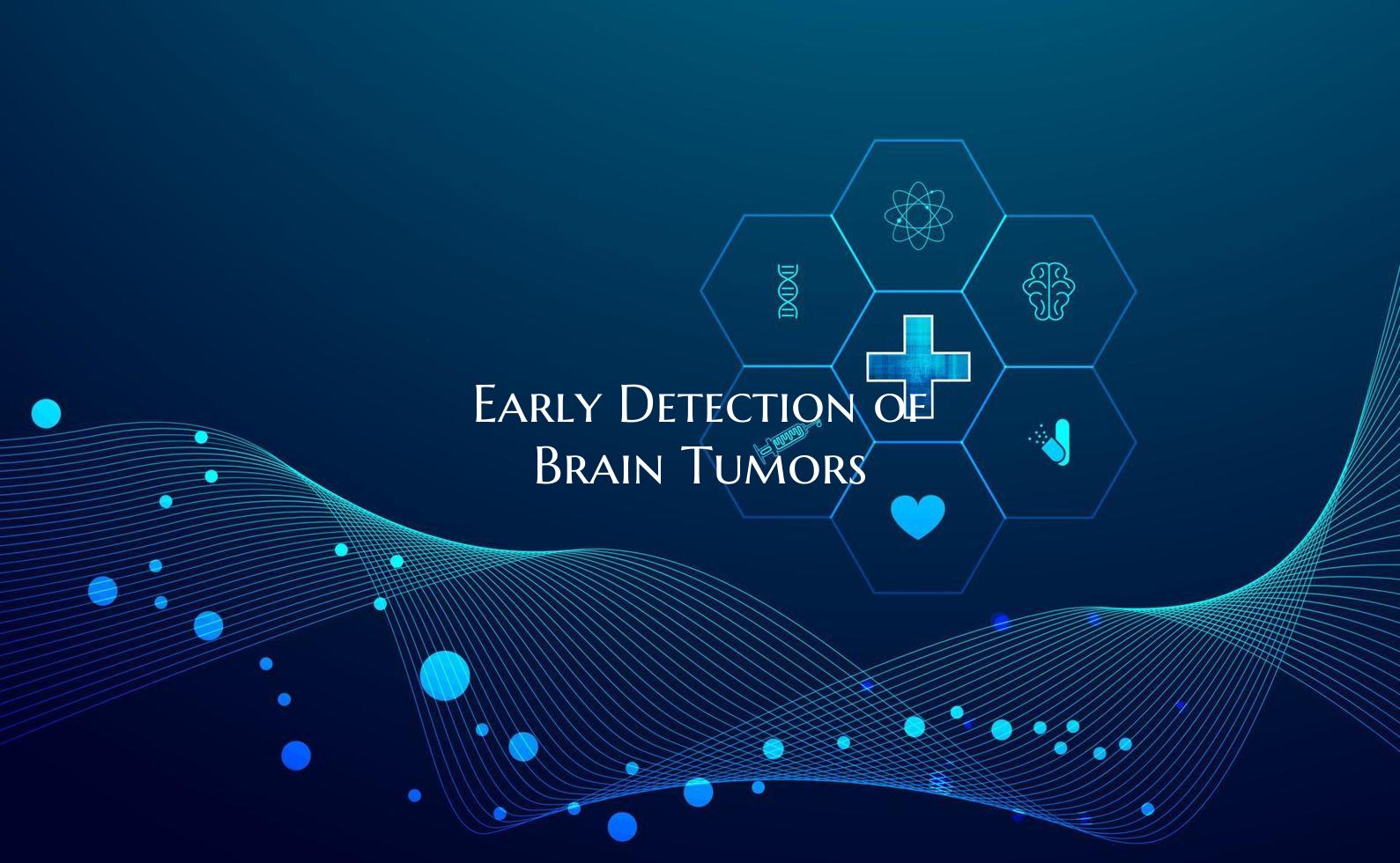
Early Detection of Brain Tumors
Early detection of brain tumors is crucial in improving treatment outcomes and patient survival rates. Brain tumors can arise from abnormal cell growth within the brain tissue or from cancerous cells that have spread to the brain from other parts of the body. Symptoms of brain tumors can vary depending on the location and size of the tumor, and they may include persistent headaches, changes in vision, seizures, difficulties with balance or speech, and cognitive changes.
Several methods are used in the early detection of brain tumors, including imaging tests such as magnetic resonance imaging (MRI) and computed tomography (CT) scans. These imaging techniques can provide detailed images of the brain, allowing healthcare providers to identify any abnormal growths or tumors. In some cases, a biopsy may be necessary to definitively diagnose a brain tumor.
Regular health check-ups and screenings play a significant role in the early detection of brain tumors. It is important for individuals to report any new or worsening symptoms to their healthcare providers promptly. Additionally, individuals with a family history of brain tumors or certain genetic predispositions may benefit from earlier and more frequent screenings.
Early detection of brain tumors enables healthcare providers to implement appropriate treatment strategies promptly. Treatment options for brain tumors may include surgery, radiation therapy, chemotherapy, targeted drug therapies, and immunotherapy. The choice of treatment depends on factors such as the type of tumor, its size and location, and the overall health of the patient.
In conclusion, early detection of brain tumors is essential for timely intervention and optimal patient outcomes. By staying vigilant for any concerning symptoms, undergoing routine screenings, and following up with healthcare providers, individuals can improve their chances of detecting brain tumors at an early stage when treatment options are most effective.